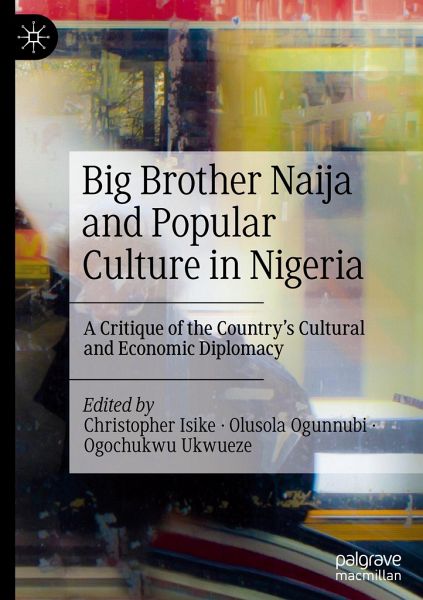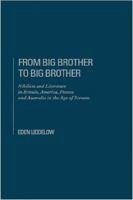
Big Brother Naija and Popular Culture in Nigeria
A Critique of the Country's Cultural and Economic Diplomacy
Herausgegeben: Isike, Christopher; Ogunnubi, Olusola; Ukwueze, Ogochukwu

PAYBACK Punkte
57 °P sammeln!
This book is about Big Brother Naija (BBN), which is a Nigerian version of the Big Brother franchise featured in more than 50 countries of the world with its major concept drawn from George Orwell 's novel, Nineteen Eigther-Four . It is organised and starred by Nigerians but viewed in many parts of the world. The book critically engages this relatively new phenomenon in Nigeria which apparently lacks scholarly attention. It proffers insights into the show's significance and implications for the nation with relation to mental health, morality, cultural di














